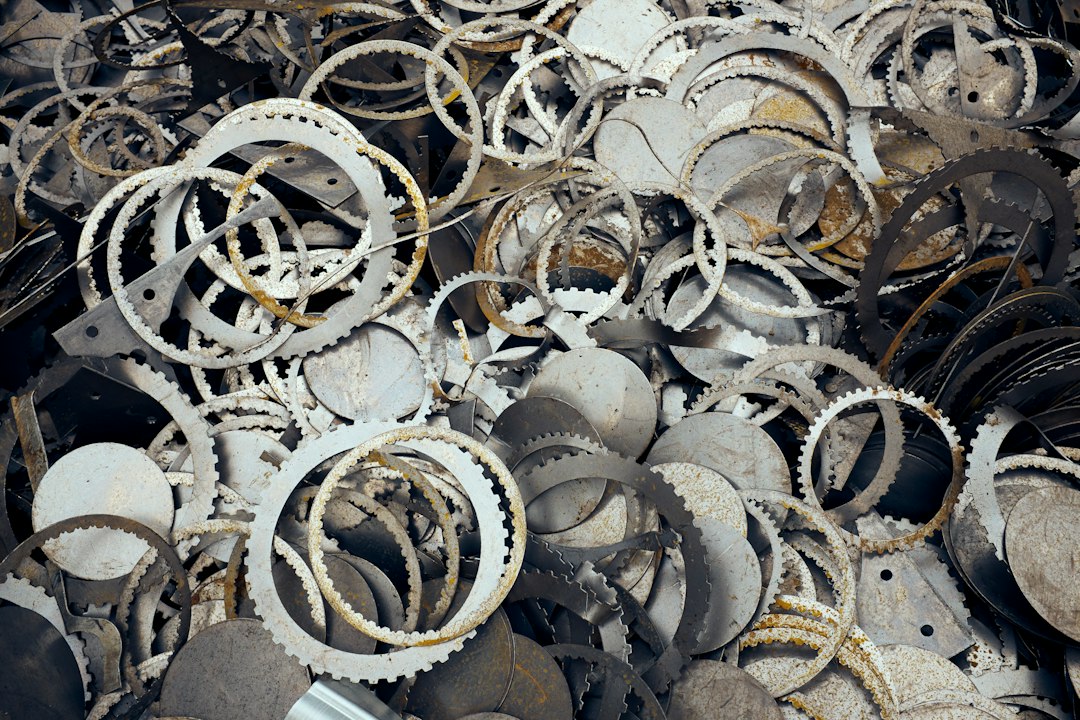The Importance of Human Resources in the Manufacturing Industry
In any industry, human resources play a crucial role in the overall success of a company. However, when it comes to the manufacturing industry, the significance of effective human resource management cannot be overstated. The manufacturing industry heavily relies on its workforce, and the ability to recruit, train, and retain highly skilled employees is of utmost importance. In this blog post, we will explore why human resources are vital in the manufacturing industry and how they contribute to the growth and development of manufacturing companies.
First and foremost, human resources in the manufacturing industry are responsible for the recruitment and selection process. They identify the staffing needs of the company, create job descriptions, and advertise the positions to attract qualified candidates. With their expertise in determining the required technical skills and experience, human resources ensure that the right individuals are hired to fill important roles in manufacturing companies. By hiring individuals who possess the necessary skills and qualifications, human resources contribute to the overall efficiency and productivity of the manufacturing process.
Furthermore, human resources in the manufacturing industry are responsible for providing training and development programs to employees. This is particularly important in the manufacturing industry since the processes and technologies used are constantly evolving. Through training programs, employees can acquire new skills and knowledge that are crucial to their respective roles. By investing in training and development, human resources enhance the competencies of the workforce, leading to improved productivity and quality of output. Moreover, by continuously updating the skills of employees, human resources ensure that manufacturing companies remain competitive in a rapidly changing market.
Another critical role of human resources in the manufacturing industry is maintaining a positive work environment. Manufacturing jobs can sometimes be physically demanding, and employees may face challenging situations on a daily basis. Human resources play a pivotal role in creating a culture of safety, respect, and fairness. They are responsible for implementing policies and procedures that prioritize the well-being of employees, and they provide support and guidance to help employees cope with the demands of their jobs. By fostering a positive work environment, human resources contribute to higher employee morale, job satisfaction, and ultimately, lower turnover rates. This, in turn, leads to improved overall performance and profitability for manufacturing companies.
Moreover, human resources in the manufacturing industry are instrumental in managing employee relations. They handle various employee-related issues such as conflicts, grievances, and disciplinary actions. By addressing these issues promptly and fairly, human resources ensure that productivity and teamwork are not adversely affected. They also work towards preventing and resolving conflicts to maintain a harmonious work environment. With effective employee relations, human resources contribute to a more cohesive and motivated workforce, resulting in enhanced manufacturing processes and outputs.
Additionally, human resources in the manufacturing industry play a crucial role in handling compensation and benefits. As the manufacturing industry is known for offering competitive salary packages, it becomes imperative for human resources to design and implement fair and attractive compensation plans. By offering competitive wages, bonuses, and benefits, human resources can attract and retain top talent in the industry. They also ensure that employees are rewarded for their hard work and dedication, motivating them to perform at their best.
In conclusion, human resources are of paramount importance in the manufacturing industry. From recruiting and selecting the right candidates to providing training and development opportunities, human resources ensure that manufacturing companies have a skilled and competent workforce. They create a positive work environment, manage employee relations, and design competitive compensation packages. By fulfilling these crucial responsibilities, human resources contribute to the growth and success of the manufacturing industry as a whole.

